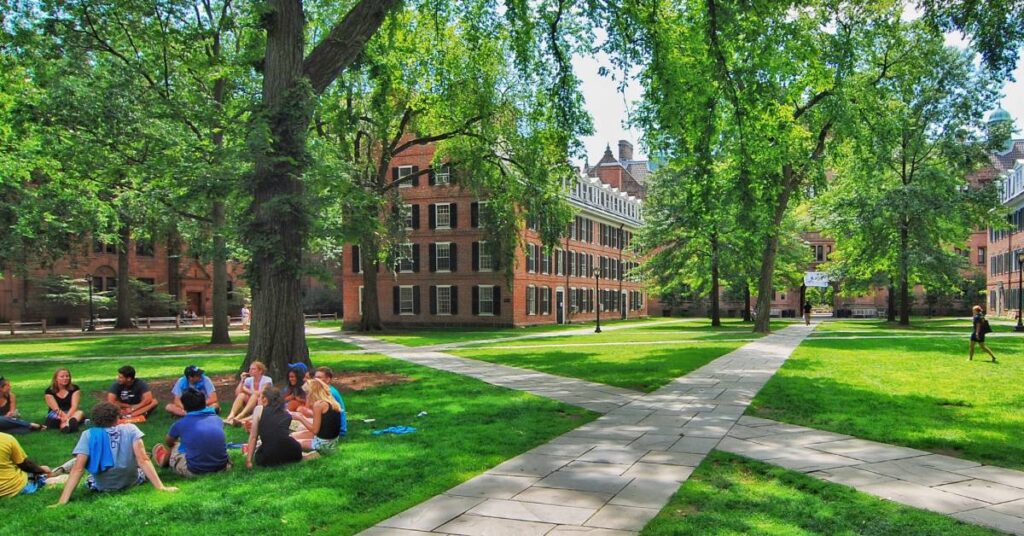Moving off-campus is a big step and an exciting part of your college journey. It gives you more freedom and a taste of real-world living. However, figuring out how to pay for off-campus housing with financial aid can be a bit confusing. This detailed guide will walk you through the process in a simple, easy-to-understand way.
Understanding Off-Campus Housing with Financial Aid
Before diving into the specifics of paying for off-campus housing, it’s important to understand what financial aid is and how it works. Financial aid can come from several sources:
- Grants and Scholarships: This is free money that doesn’t have to be paid back. Grants are usually based on financial need, while scholarships can be based on need, merit, or specific criteria set by the scholarship provider.
- Loans: This is borrowed money that must be repaid with interest. Federal loans often have lower interest rates and more flexible repayment options than private student loans.
- Work-Study: This is a program that allows you to earn money by working part-time while you’re in school. The jobs are often on-campus, but they can also be with off-campus employers who have agreements with the school.

Step 1: Determine Your Budget
Creating a budget is the first crucial step in managing your finances for off-campus housing. Here’s how to do it:
- List Your Income:
- Financial Aid Package: Look at your financial aid award letter to see the total amount of grants, scholarships, federal loans, and private student loans you’re receiving.
- Work-Study: Estimate how much you’ll earn from your work-study job.
- Other Income: Include any other sources of income, such as part-time jobs, parental support, or savings.
- Calculate Your Expenses:
- Tuition and Fees: Check your school’s website or your bill to find the exact amount.
- Books and Supplies: Estimate the cost of textbooks, notebooks, and other school supplies.
- Personal Expenses: Include things like your phone bill, entertainment, and other expenses.
- Transportation Costs: If you have a car, consider gas, insurance, and maintenance. If you use public transport, include the cost of bus or train passes.
- Housing: This includes your monthly rent, utilities (electricity, water, gas, internet), groceries, and renter’s insurance. Living off campus often involves different costs than living on campus.
Step 2: Choose the Right Housing
Selecting the right place to live is crucial. Here are some tips:
- Compare Costs: Look at different housing options and compare their costs. Consider apartments, houses, and shared living spaces. You might decide to live in a one bedroom apartment or share with roommates to save on rent.
- Check What’s Included: Some rentals include utilities in the rent, while others don’t. Make sure you know what’s covered.
- Location Matters: Choose a place close to campus or public transportation to save time and money on commuting.
Step 3: Allocating Your Financial Aid
Now that you know your budget and have selected a place to live, it’s time to allocate your financial aid effectively:
- Prioritize Tuition and Fees: Make sure these are covered first. These are essential expenses and often non-negotiable.
- Cover Housing Costs: Use the remaining funds to cover your rent and utilities. Financial aid covers housing, so allocate it wisely.
- Manage Remaining Expenses: Allocate any leftover funds for books, supplies, transportation, and personal expenses.
Step 4: Pay Your Landlord
Once your financial aid is disbursed, typically at the beginning of each term, you’ll need to manage this money carefully. Here’s how:
- Set Up a Budget: Divide your lump sum by the number of months in the semester to ensure you have enough to cover your rent each month.
- Automate Payments: If possible, set up automatic payments with your landlord to avoid late fees.
- Save a Cushion: Keep a little extra money in your account for unexpected expenses.
Most students receive their financial aid through direct deposit, making it easier to manage funds.
Step 5: Staying On Top of Finances
Managing your money doesn’t stop once you’ve paid your rent. Here are some tips to stay on top of your finances:
- Track Your Spending: Use budgeting apps or a simple spreadsheet to monitor your expenses. This helps you avoid overspending.
- Avoid Unnecessary Debt: Be cautious about taking on extra loans or using credit cards excessively. Private lenders often offer loans, but these can add up quickly.
- Seek Help if Needed: If you’re struggling, reach out to your school’s financial aid office. They can offer guidance and might have additional resources for you.
Additional Tips
- Communicate with Your Landlord: Keep an open line of communication with your landlord. If you ever run into financial trouble, let them know as soon as possible. They might be willing to work out a payment plan.
- Roommates: Sharing your living space with roommates can significantly reduce your housing costs. Just make sure you choose roommates who are reliable and financially responsible.
- Living Modestly: While it’s tempting to splurge, try to live within your means. Remember, the goal is to balance your education with your financial responsibilities.
Special Considerations for Graduate Students
Graduate students often have different financial needs and may have more expenses than undergraduates. Consider additional funding sources like assistantships or fellowships, which can help cover the full cost of attendance.
Paying off-campus housing with financial aid might seem complicated at first, but it’s entirely manageable with careful planning and discipline. This journey is not just about securing a place to live; it’s about learning to manage your finances and gaining independence. Use this guide to help you navigate the process and maximize your financial aid. Good luck, and enjoy your new home!
Key Terms to Remember
- Cost of Attendance: The total cost of attending your university, including tuition, fees, and living expenses.
- Expected Family Contribution: The amount your family is expected to contribute to your education, based on financial information provided on the Free Application for Federal Student Aid (FAFSA).
- Student Loan Refund: Any leftover financial aid funds after your tuition and fees are paid, which can be used for other expenses.
- Federal Student Aid: Financial aid from the federal government to help pay for education expenses.
- Private Lenders: Banks or other financial institutions that offer private student loans.
- Campus Living vs. Off-Campus Living: Understanding the pros and cons of living on campus versus living off campus.
- Housing Plan/Housing Plans: Your strategy for finding and affording housing during your time at school.
By understanding and managing these key aspects, you can make the most of your financial aid and enjoy a successful and comfortable off-campus living experience.
More Resources
Federal Student Aid Information
National Association of Student Financial Aid Administrators (NASFAA)
Budgeting Tools and Resources
Roommate Finder Services
Housing Marketplaces
Transportation Options for Students
Financial Literacy Resources





